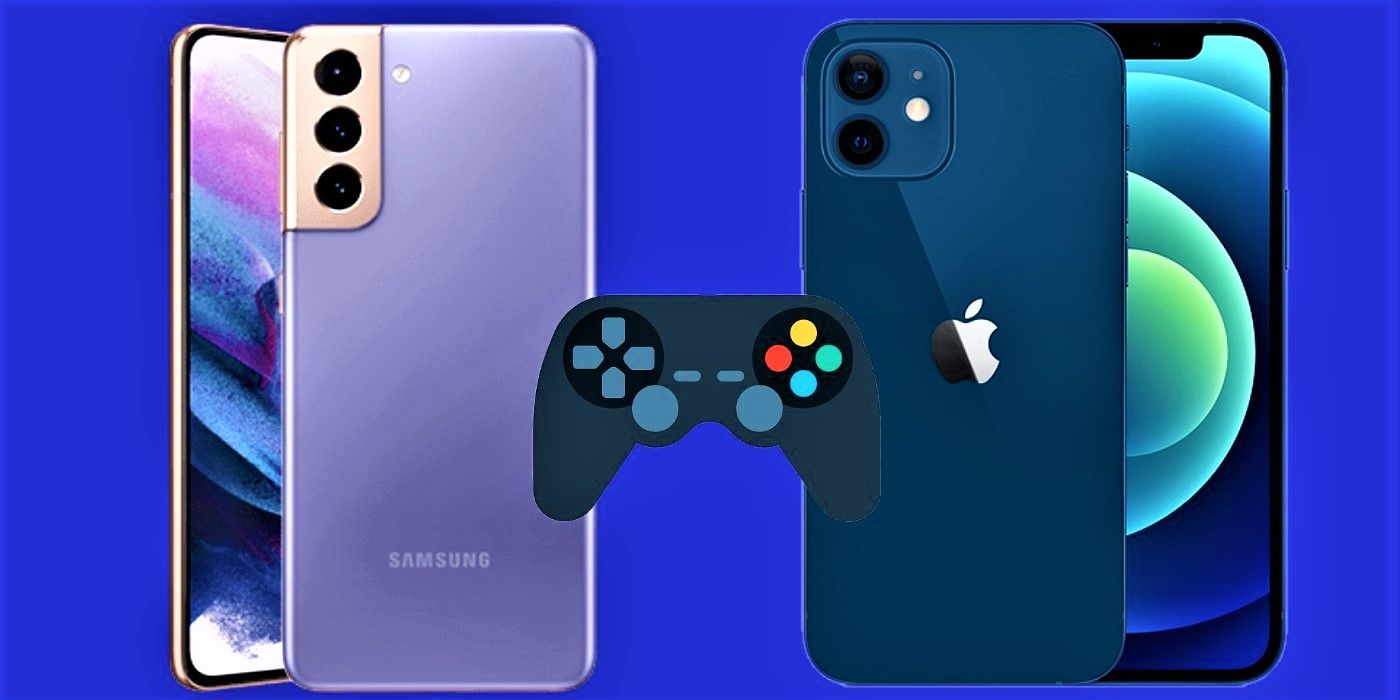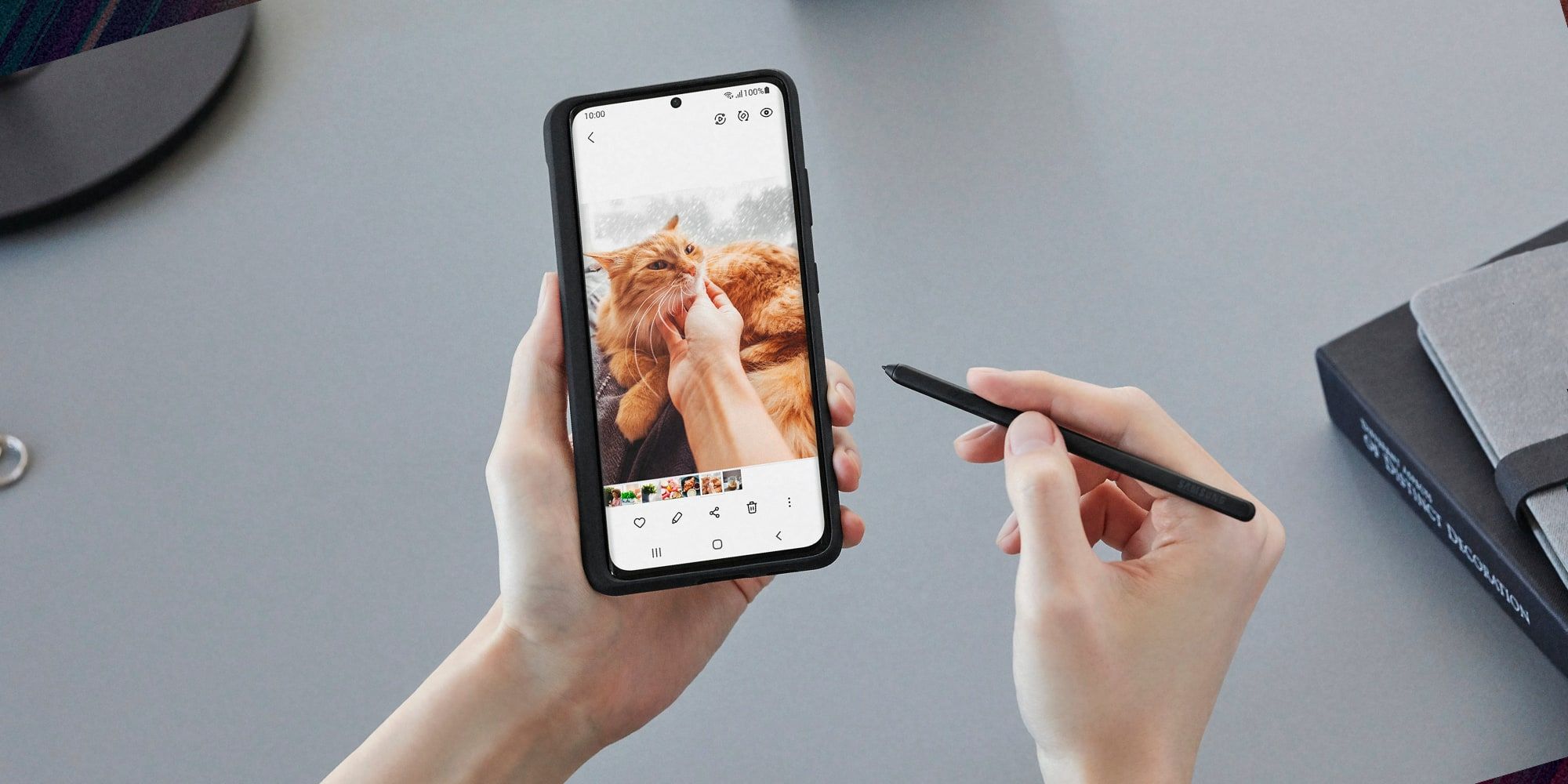Samsung's Galaxy S21 is built to withstand most graphic-intensive mobile games on the market and the same can be said when it comes to Apple's iPhone 12. Both phones come with powerful processors that can handle serious gaming with ease — in fact, the Galaxy S21 comes with one of two different yet similarly powerful processors. One of the phones, though, has certain features that make the gaming experience better and more convenient than the other.
Samsung's new flagship has Qualcomm's Snapdragon 888 in the U.S., while the rest of the world gets its Exynos 2100. With either chip, the Galaxy S21 has ample processing power that's capable of playing even the more demanding games on the highest settings. The iPhone 12, on the other hand, is being powered by Apple's A14 chip, which is still basically the fastest system on a chip currently available, outperforming its predecessors by a long shot.
While the beefy processors on both devices might make their gaming performance quite equal, their difference in screen hardware is perhaps a better measuring stick. The Galaxy S21 has a slightly bigger 6.2-inch OLED display, and a smoother 120Hz refresh rate compared to iPhone's 12's 60Hz display, making gameplay appear more seamless. When it comes to maximum display brightness, the Galaxy S21 is a lot more suitable for outdoor gaming, as it can reach 800 nits on average, all the way up to 1,300 nits, while the iPhone 12 falls a tad shorter at 625 nits up to 1,200 tops. However, the iPhone 12's 6.1-inch Super Retina display does have a higher pixel density at 460 pixels per inch compared to the Galaxy S21's 421, which could make gaming on it look sharper and feel more immersive as a result.
Galaxy S21 & iPhone 12 Gaming: Software, Battery & Connectivity
There's no doubt that the Galaxy S21's processing power translates to significant gains in mobile gaming, but it has another trick up its sleeve. Samsung's flagship is equipped with a dedicated Game Booster and Priority Mode, which blocks out incoming calls and notifications, all while maximizing its performance for gaming at the same time. The iPhone 12 doesn't have an equivalent one-touch solution for optimized gaming right out of the box. The Galaxy S21's bigger 4,000mAh battery capacity also makes for longer gaming sessions compared to the iPhone 12's significantly smaller 2,815mAh battery.
When it comes to cloud gaming, faster connection speeds equate to better game quality, more often than not. This is where the versatility of the Galaxy S21's 5G connectivity comes in handy, as it supports both sub-6Ghz and the faster mmWave, whereas the iPhone 12's 5G only supports sub-6Ghz. While the iPhone 12 does have the advantage of having certain exclusive iOS games in its roster, Android's growing games library is slowly catching up. Apple's A14 still edges the processor of Samsung's latest flagship, but it won't amount to much when it comes to playing the usual popular titles such as Call Of Duty Mobile, Fortnite, PUBG Mobile, or Genshin Impact.


